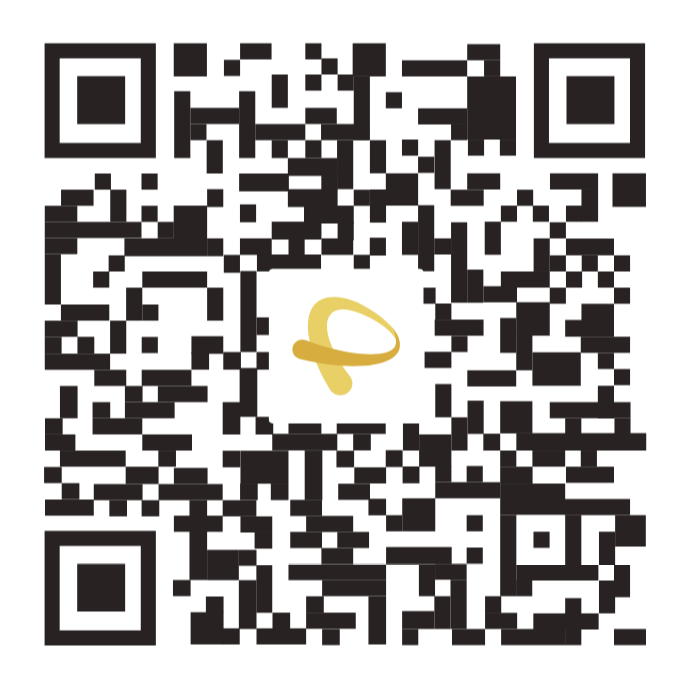Cracking the code of Malaysia's online payment traffic
In recent years, the Southeast Asian e-commerce market has shown a trend of rapid development. According to eMarketer data, Southeast Asia's e-commerce market size growth rate has been the world's first for three consecutive years. Among them, Malaysia is second only to the Philippines, with a growth rate of up to 18%, for the top ten countries in the growth rate of e-commerce market size. As a fertile ground for the development of cross-border merchants, the market is attracting more and more sellers to join it and find new opportunities for cross-border business development.
Payment, as a bridge linking sellers and consumers, is one of the very critical links in the battle for the Malaysian market. In the face of the increasingly diverse payment tools in Malaysia, how should overseas sellers choose the most suitable online payment methods?
Main Payment Methods in Malaysia
In Malaysia, the mainstream payment methods for online purchases include bank transfers, card payments, and e-wallets, each of which has its characteristics and a high degree of popularity.
Bank transfer
Bank transfer, as a traditional payment method, still occupies a certain position in the Malaysian e-commerce market. Consumers can complete the transfer operation through online banking or ATMs, such as FPX (Financial Process Exchange), a real-time e-payment system, which provides online e-commerce and real-time transfer of funds for users.
Card payment
Bank card payment is one of the most common payment methods in the Malaysian e-commerce market. The local bank cards in Malaysia are generally Visa/Mastercard and have two payment methods, one is the secret-free payment (scanning on the POS machine when checking out), and the other is the password payment (you need to enter the password on the POS machine when checking out). With the continuous upgrading and improvement of bank card payment technology, its security and stability have been effectively guaranteed.
E-wallet
The popularity of e-wallets in the Malaysian e-commerce market has increased rapidly in recent years. E-wallets not only support fast and convenient payment operations but also offer a wealth of promotions and reward points, attracting a large number of consumers to use them. Currently, the more mainstream e-wallet applications are Touch'n Go, Boost, ShopeePay, and so on.
1. Touch'n Go
Touch'n Go began in 1997, initially for the electronic toll highway system. As technology has advanced and consumer demand for convenient payments has grown, Touch'n Go has gradually transformed to introduce more services for non-highway scenarios and can be used in many stores, restaurants, and online platforms in addition to paying highway tolls.
2. Boost
Created in 2017 by Axiata, a leading Malaysian telecom operator, Boost offers payment services for shopping, dining, traveling, watching movies, etc. It supports recharging prepayments, paying bills anytime and anywhere, as well as purchasing various digital credentials at discounted prices through Boost's digital store. Since its launch, Boost has become one of the most popular e-wallets in the Malaysian market, widely used in daily transactions.
3. ShopeePay
ShopeePay is under the umbrella of Shopee, a renowned e-commerce platform in Southeast Asia, which is growing quite rapidly in Malaysia.ShopeePay offers local customers an integrated payment solution that allows users to make fast online transactions and in some cases offers cash back and other benefits. Now available in Malaysia as a payment method for Apple services, customers can use their ShopeePay account to pay for the App Store, Apple Music, Apple TV, iTunes Store, iCloud storage, and more.
How to access Malaysia's local payment methods
As an influential global payment service provider in the industry, PhotonPay supports international mainstream card organizations such as Mastercard, and Discover® Global Network, as well as Malaysia's local payment methods such as Touch'n Go, Boost, etc.; it supports docking of plug-ins for station-building platforms, cash registers, APIs, and so on. Supporting a variety of access methods, docking is safe, efficient, and easy, which can provide sellers with a full chain of payment solutions, allowing consumers to pay most familiarly and conveniently and reducing payment resistance.



